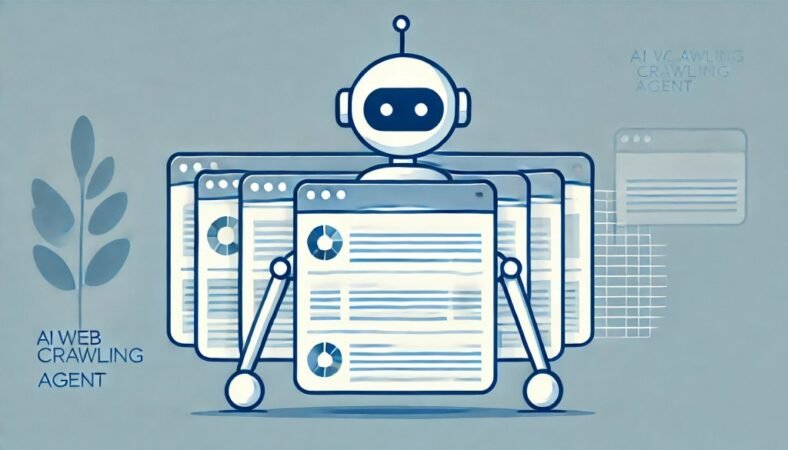Quick Takeaways
- Emergence of AI Browser Agents: AI-powered browser agents are set to revolutionize enterprise web interactions by autonomously navigating websites, retrieving information, and completing transactions, albeit with performance gaps identified in early tests.
- Use Case Uncertainty: Key industry figures express uncertainty about the “killer app” for these agents, with potential applications centered around time-consuming web tasks like price comparison and booking, likely requiring integration with other tools for full effectiveness.
- Performance Disparities in Testing: Initial testing results show significant differences in reasoning abilities; for instance, Convergence’s Proxy outperformed OpenAI’s Operator in tasks requiring nuanced understanding and adaptive strategies.
- Enterprise Adoption Challenges: While the automation potential is substantial, hurdles like security concerns, CAPTCHA challenges, and inconsistent cooperation from websites may hinder widespread enterprise adoption until clear use cases and solutions emerge.
The rise of AI-powered browser-use agents marks a pivotal shift in web interactions. This technology allows agents to autonomously handle tasks like information retrieval and online transactions. However, early tests reveal a disparity between potential and practical performance, underscoring the importance of understanding these tools before widespread adoption.
Convergence’s Proxy and OpenAI’s Operator lead this new wave. Both aim for consumer-friendly design but approach functionality differently. While Operator has drawn attention for its engaging examples, Proxy demonstrates superior reasoning capabilities in real-world tasks. For instance, when tasked with booking a restaurant, Proxy utilized a more effective strategy, resulting in viable options. Such performance raises essential questions about usability and reliability as enterprises seek tools to enhance efficiency.
Key players in this landscape also include innovative startups like Browser Use. These organizations offer customization options, giving users more control. Conversely, other agents, such as ByteDance’s UI-TARS, face scrutiny due to privacy concerns, highlighting the need for security in enterprise applications.
Performance statistics provide a mixed picture. Benchmarks indicate close competition—with Proxy at 88% and Operator at 87%. Yet, these figures may not reflect true capabilities, as they can be manipulated. Thus, businesses should prioritize practical use cases over mere numbers. It only becomes clearer that the success of these agents hinges on their application in specific tasks.
The implications for companies are profound. Many organizations currently rely on human virtual assistants for simple web tasks. Transitioning to AI agents like Proxy could reshape this landscape, raising operational efficiency but also prompting workforce changes. Companies might find themselves automating repetitive research tasks previously handled by employees. As Sam Witteveen aptly points out, this transformation could lead to job displacement.
Cost dynamics also drive rapid innovation. While OpenAI imposes a substantial subscription fee, Convergence offers a more flexible pricing model. This competitive environment fosters enterprise adoption but necessitates consideration of specific needs and potential drawbacks.
In addition to practical considerations, technical obstacles remain. Many websites either block automated interactions or require human verification, complicating deployment for businesses. Both OpenAI and Convergence have developed tools to navigate these challenges, but their varying levels of cooperation with websites could impact performance.
Enterprises must focus on identifying clear use cases where autonomous web interaction can offer tangible benefits. Industries will likely see specialized agents tailored to their unique requirements, enhancing the breadth of applications. As the market evolves, expect to witness continuous advancements driven by competition among established firms and emerging startups.
Innovation in browser-use agents is just beginning. As 2025 approaches, it promises to emerge as a decade-defining moment for automation in the workplace, reshaping how companies approach efficiency in a digital-first world.
Discover More Technology Insights
Explore the future of technology with our detailed insights on Artificial Intelligence.
Access comprehensive resources on technology by visiting Wikipedia.
AITecv1

